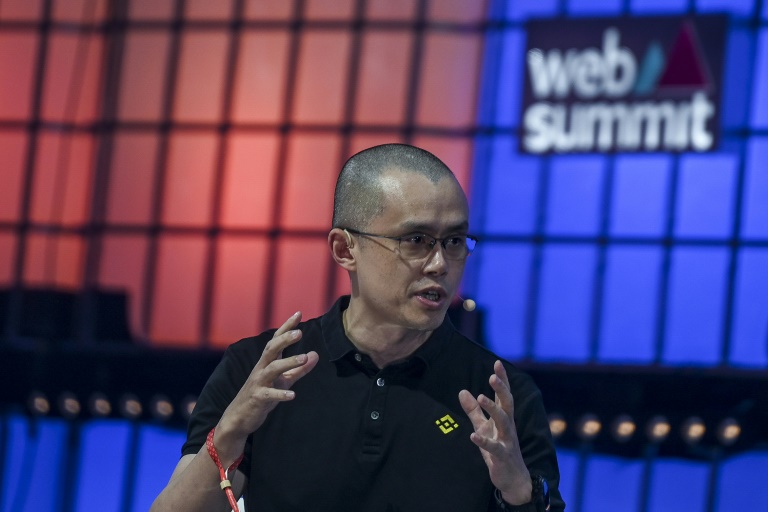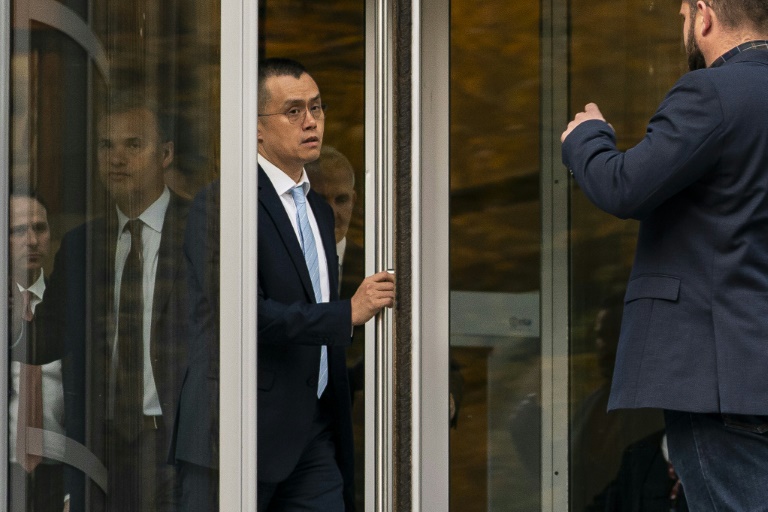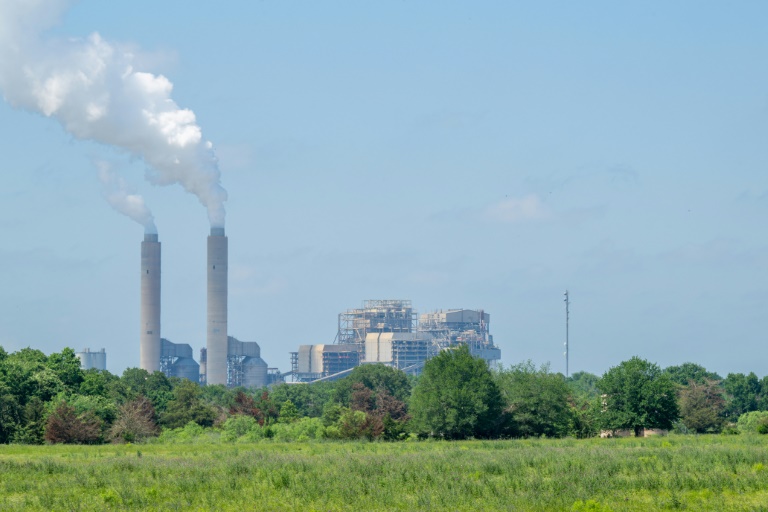Even by the extreme standards of cryptocurrency trading, the past few weeks have been a wild ride for Binance, the world’s biggest exchange for crypto assets.
After the collapse of its rival FTX in a hail of allegations of fraud and criminality last month, trust in the entire sector has crumbled.
Customers pulled more than $3 billion from Binance in a single day last week as part of a three-day frenzy that saw more than $6 billion withdrawn.
On Friday, accountancy firm Mazars, engaged by Binance to provide a “proof of reserves” report, abruptly halted work with all crypto firms because of “public misunderstanding” of what they were providing.
A “proof of reserves” report is not a full audit and gives no information about liabilities.
Media reports suggested US prosecutors were still weighing up money-laundering and sanctions-busting charges against the company and possibly its co-founder and CEO Changpeng Zhao. The firm has refused to comment on the inquiry.
The stakes could not be higher.
“It is absolutely vital that Binance survives,” said Dan Ashmore, an analyst at Invezz crypto investment firm.
“Any sort of demise would be a devastating blow for crypto, and would likely pull a massive chunk of the industry down with it.”
For Leigh Drogen of Starkiller Capital, it would be “armageddon” for short-term crypto asset prices if Binance collapsed.
– Investors ‘confused and scared’ –
Zhao’s public appearances have hardly helped to calm the jitters.
In one recent interview with CNBC he claimed the firm “kind of forgot” about part of a $2.1 billion payment that Binance received from FTX last year.
Zhao said a “big chunk” had been paid in FTX’s now worthless in-house token, but sat untouched for 18 months before Binance remembered and transferred the sum, then worth $580 million.
“Is forgetting about over half a billion dollars supposed to make me feel more confident in Binance’s ability to properly run an exchange,” Genevieve Roch-Decter of Grit Capital wrote in an opinion piece for Coindesk, a crypto news outlet.
Critics point out that Zhao is prone to making confusing and sometimes contradictory public statements.
He claims to want transparency but Binance refuses to divulge even basic company information such as where it is registered, let alone submit to a full audit, like a publicly-traded firm would have to undergo.
Zhao cosies up to regulators in some jurisdictions but reportedly keeps his main business well away from prying eyes in the Cayman Islands.
He stresses his firm’s solidity and competence but his personal Twitter feed paints a picture of a one-man band backed by interns.
“Who’s running the show there? Is it the same as FTX,” asked Drogen.
He said Zhao’s behaviour was “eerily similar” to Sam Bankman-Fried, the boss of FTX who is now in custody awaiting extradition to the United States on financial crimes charges.
“Everyone is very confused and scared about that,” said Drogen.
When asked to clarify details of Binance’s structure, a company spokesman said in an email “the Binance.com global business operates through a number of entities incorporated in a range of jurisdictions”.
On the issue of transparency, he said the blockchain technology that crypto relies on was “inherently transparent”.
“That said, we embrace additional transparency and we are looking into how best to provide this in the coming months,” he said.
– ‘Too big to fail’? –
Analysts agree that comparisons with FTX only go so far.
“While there are obvious parallels with FTX, there are important differences, the most notable of which is that Binance doesn’t have a giant in-house hedge fund,” said Charlie Erith of ByteTree Asset Management.
Much of the alleged wrongdoing at FTX involved Bankman-Fried using FTX customer deposits to fund risky bets undertaken by its hedge fund Alameda Research.
“I don’t think there is anybody out there, even those people who assume the absolute worst, that think Binance is even half insolvent,” said Drogen.
He pointed out that Binance is about 10 times the size of pre-collapse FTX, in terms of the assets that should be on its platform, giving it a far bigger cushion in case of a sudden upsurge in withdrawals.
The Binance spokesman said the firm handled last week’s withdrawal requests “without breaking stride”, adding that “flows have now normalised”.
Drogen stressed that hedge funds and venture capitalists exposed to crypto assets needed the Binance platform right now to protect their positions.
But the firm’s long-term prospects are less clear — especially if US authorities push ahead with criminal charges.
“Our feeling is that nothing in crypto is too big to fail for the US government,” said Drogen, “and they’re probably going to crush something that is illicit at some level”.

 Business4 months ago
Business4 months ago
 Business5 months ago
Business5 months ago
 Events4 months ago
Events4 months ago
 People4 months ago
People4 months ago
 Events5 months ago
Events5 months ago




